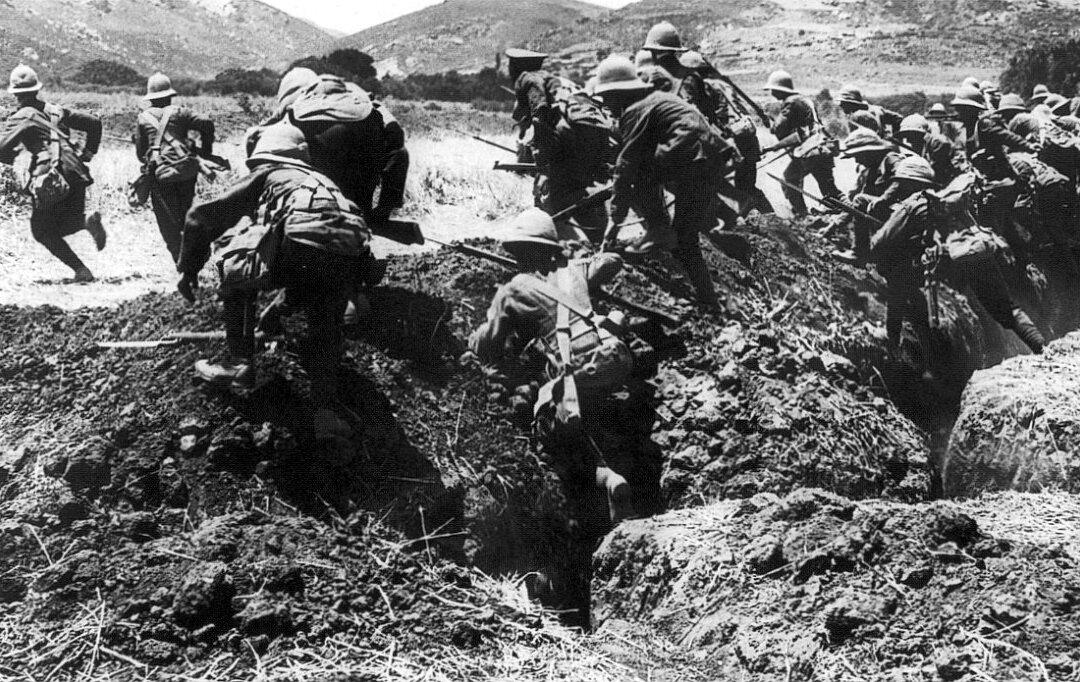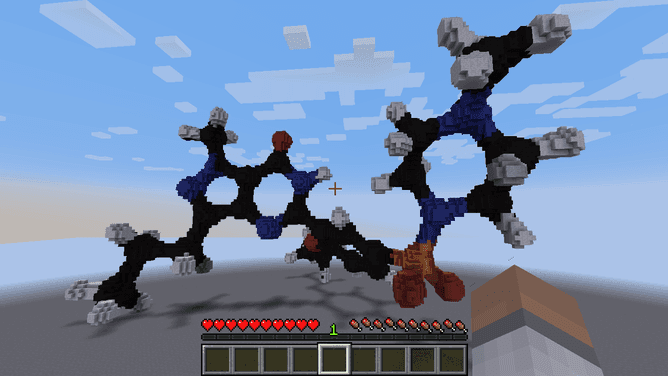August 10, 1915. The Gallipoli sun beats down on the back of a Turkish sharpshooter. He is patient and used to the discomfort. He wipes the sweat from his eyes and peers back down the sight of his rifle, sweeping back and forth across the enemy lines. He’s hoping to spot a target worth taking a shot at, as each muzzle flash risks giving his position away.
His sight settles on the shoulder pip of a second lieutenant. The target bends down out of sight, then reappears, now with a phone at his ear. He stands still as he sends his dispatch. It’s an easy shot for the sniper. He squeezes the trigger and yet another young man dies.
His victim, now lying in a trench on a peninsula in Turkey, is 27-year-old Henry Moseley. The loss to science is incalculable.



